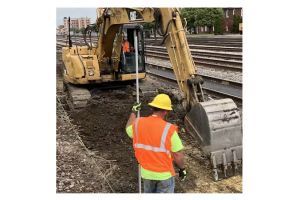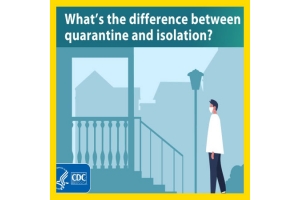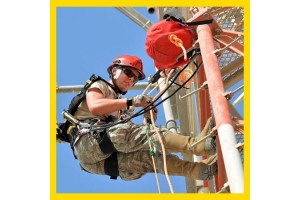Currency
November 23, 2020
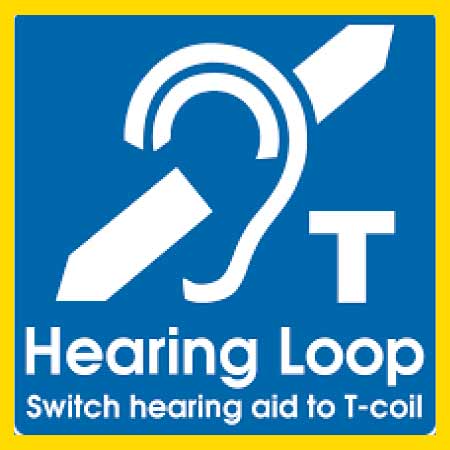
Hearing loss can't always be prevented, but hearing loss due to exposure to loud noises is completely avoidable. Even a low level of noise can be hazardous to the human ear and may have serious consequences.
There are some simple things you can do to help stop loud noises from permanently damaging your hearing, no matter how old you are.
The best way to avoid noise-induced hearing loss is to keep away from loud noise as much as you can.
Generally, a noise is probably loud enough to damage your hearing if:
● you have to raise your voice to talk to other people
● you can't hear what people nearby are saying
● it hurts your ears
● you have ringing in your ears or muffled hearing afterwards
● Noise levels are measured in decibels (dB): the higher the number, the louder the noise. Any sound over 85dB can be harmful, especially
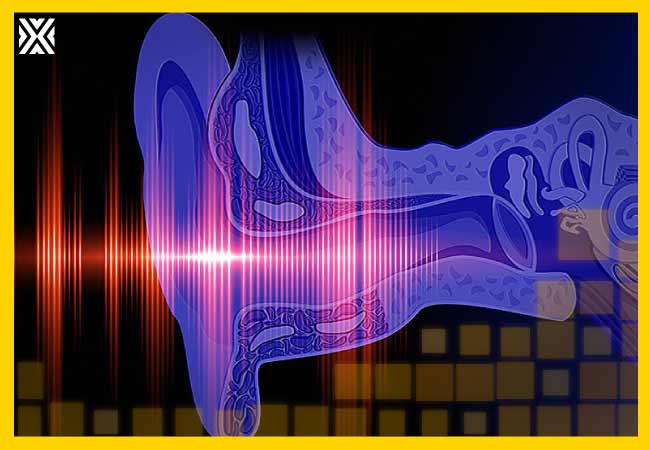
if you're exposed to it for a long time.
To get an idea of how loud things are:
● whispering – 30dB
● conversation – 60dB
● busy traffic – 70 to 85dB
● motorbike – 90dB
● listening to music on full volume through headphones – 100 to 110dB
● plane taking off – 120dB
You can get smartphone apps that measure noise levels, but make sure they're calibrated properly to get a more accurate reading.
Listening to loud music through earphones and headphones is one of the biggest dangers to your hearing.
To help avoid damaging your hearing:
● use noise-cancelling earphones or headphones – don't just turn the volume up to cover up outside noise
● the volume up just enough so you can hear your music comfortably, but no higher
● don't listen to music at more than 60% of the maximum volume – some devices have settings you can use to limit the volume automatically
● don't use earphones or headphones for more than an hour at a time – take a break for at least 5 minutes every hour
To protect your hearing during loud activities and events (such as at nightclubs, concerts or sports events):
● move away from sources of loud noises (such as loudspeakers)
● try to take a break from the noise every 15 minutes
● give your hearing about 18 hours to recover after exposure to lots of loud noise
● consider wearing earplugs – you can buy re-usable musicians' earplugs that reduce the volume of music but don't muffle it
If you're exposed to loud noises through your work and are not given proper hearing protection, speak to your human resources (HR) department or manager.
Your employer is obliged to make changes to reduce your exposure to loud noise – for example, by:
● switching to quieter equipment if possible
● making sure you're not exposed to loud noise for long periods
● providing hearing protection, such as ear muffs or earplugs
Get a hearing test as soon as possible if you're worried you might be losing your hearing. The earlier hearing loss is picked up, the earlier something can be done about it.
You might also want to consider having regular hearing checks (once a year, for example) if you're at a higher risk of noise-induced hearing loss –if you work in noisy environments.
● Earplugs are made from either foam or plastic and are usually intended as disposable products after single use. But there are also washable products as more cost-effective solutions.
● Ear molds are more comfortable to wear for long periods of time, because they can be individually adjusted.
● Clamp ear protectors (available as in-ear or on-ear products) are suitable for anyone having to or wanting remove them at frequent intervals. Whenever the wearer doesn’t need them, they can put them round their neck like a pair of headphones.
● Earmuffs are suitable for short jobs in noisy environments. If the noise level is extreme, they can also be combined with earplugs. The lighter they are, the more pleasant they are to wear.
There are some simple things you can do to help stop loud noises from permanently damaging your hearing, no matter how old you are.
1. Avoid loud noises
The best way to avoid noise-induced hearing loss is to keep away from loud noise as much as you can.
Generally, a noise is probably loud enough to damage your hearing if:
● you have to raise your voice to talk to other people
● you can't hear what people nearby are saying
● it hurts your ears
● you have ringing in your ears or muffled hearing afterwards
● Noise levels are measured in decibels (dB): the higher the number, the louder the noise. Any sound over 85dB can be harmful, especially

if you're exposed to it for a long time.
To get an idea of how loud things are:
● whispering – 30dB
● conversation – 60dB
● busy traffic – 70 to 85dB
● motorbike – 90dB
● listening to music on full volume through headphones – 100 to 110dB
● plane taking off – 120dB
You can get smartphone apps that measure noise levels, but make sure they're calibrated properly to get a more accurate reading.
2. Take care when listening to music
Listening to loud music through earphones and headphones is one of the biggest dangers to your hearing.
To help avoid damaging your hearing:
● use noise-cancelling earphones or headphones – don't just turn the volume up to cover up outside noise
● the volume up just enough so you can hear your music comfortably, but no higher
● don't listen to music at more than 60% of the maximum volume – some devices have settings you can use to limit the volume automatically
● don't use earphones or headphones for more than an hour at a time – take a break for at least 5 minutes every hour
3. Protect your hearing during loud events and activities
To protect your hearing during loud activities and events (such as at nightclubs, concerts or sports events):
● move away from sources of loud noises (such as loudspeakers)
● try to take a break from the noise every 15 minutes
● give your hearing about 18 hours to recover after exposure to lots of loud noise
● consider wearing earplugs – you can buy re-usable musicians' earplugs that reduce the volume of music but don't muffle it
4. Take precautions at work
If you're exposed to loud noises through your work and are not given proper hearing protection, speak to your human resources (HR) department or manager.
Your employer is obliged to make changes to reduce your exposure to loud noise – for example, by:
● switching to quieter equipment if possible
● making sure you're not exposed to loud noise for long periods
● providing hearing protection, such as ear muffs or earplugs
5. Get your hearing tested
Get a hearing test as soon as possible if you're worried you might be losing your hearing. The earlier hearing loss is picked up, the earlier something can be done about it.
You might also want to consider having regular hearing checks (once a year, for example) if you're at a higher risk of noise-induced hearing loss –if you work in noisy environments.
Forms and options of hearing protection
● Earplugs are made from either foam or plastic and are usually intended as disposable products after single use. But there are also washable products as more cost-effective solutions.
● Ear molds are more comfortable to wear for long periods of time, because they can be individually adjusted.
● Clamp ear protectors (available as in-ear or on-ear products) are suitable for anyone having to or wanting remove them at frequent intervals. Whenever the wearer doesn’t need them, they can put them round their neck like a pair of headphones.
● Earmuffs are suitable for short jobs in noisy environments. If the noise level is extreme, they can also be combined with earplugs. The lighter they are, the more pleasant they are to wear.


